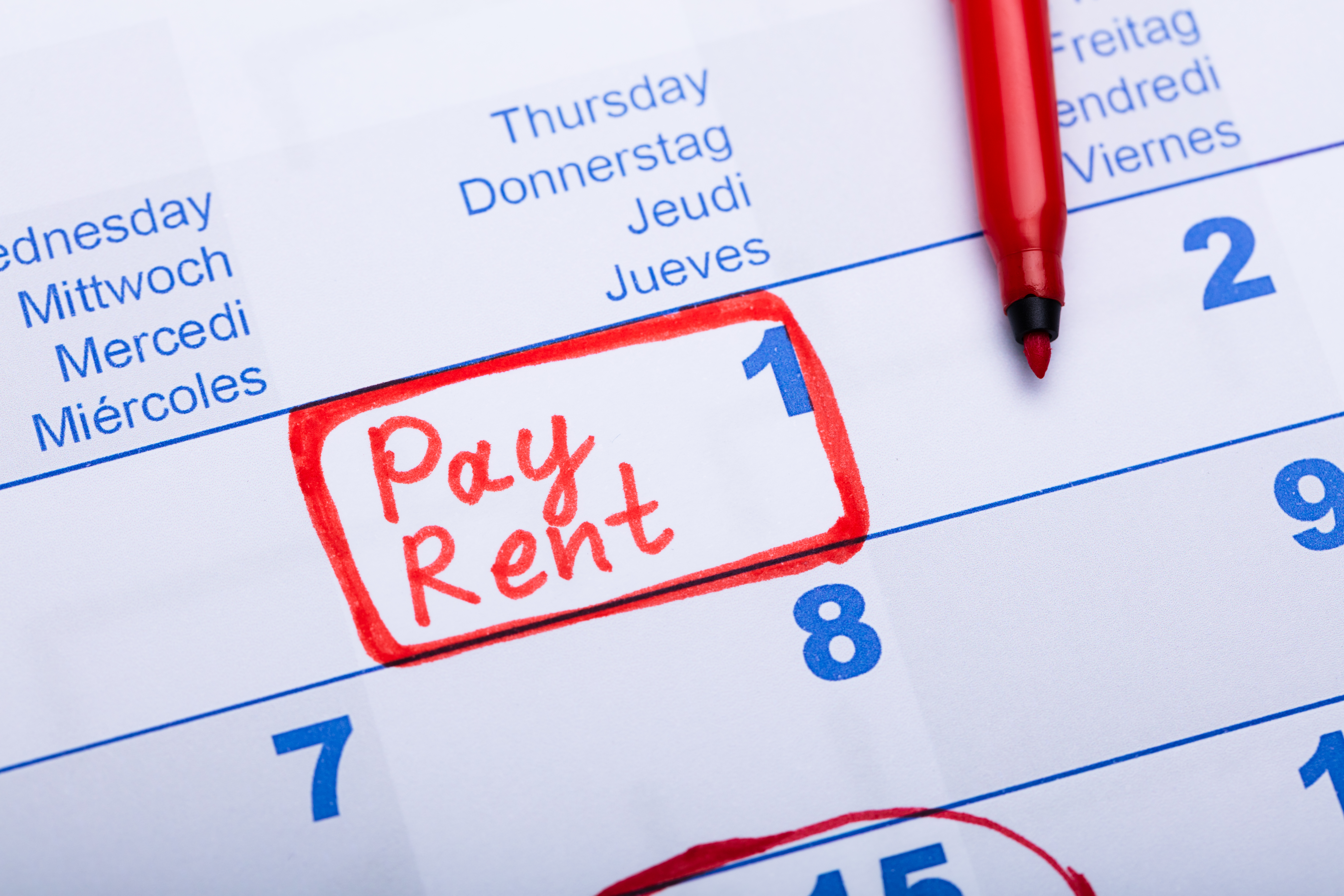The coronavirus clampdown shows how controls breed controls
“The extraordinary government clampdown on economic life that we are enduring — in order to preserve hospital beds and the capacity of doctors and nurses — is the result, not just of the coronavirus, but of the severe restrictions on economic activity that have made our economy brittle and poorly-suited to adapt and respond to this natural emergency.”
That’s the important point economics professor Raymond Niles makes in a brief essay for the American Institute of Economic Research.
Governments are ordering business closures and social distancing to ration hospital beds and other health care resources for which previous government regulations had created supply shortages.
Niles cites state Certificate of Need laws, which ration health care resources by requiring state approval before providers can offer new services or buy new equipment, CDC and FDA regulations that have limited the supply of personal protection equipment (PPE), and licensing laws that prohibit doctors and nurses from working in other states.
“This is the context in which we face the coronavirus and it sets the stage for the subsequent choices we must make. Our government is not making the right choice of repealing these death-causing restrictions. It is only doing it in small, halting ad hoc steps and on a completely inadequate basis. The only proper choice for the government is to repeal all of these controls, or as many of them as possible, as quickly as possible.
“If the government did that, the explosion in entrepreneurial activity — in production of tests, vaccines, cures, hospital beds, innovative new treatments, and an abundance of PPE and other life-saving equipment — would be monumental and it would save thousands of lives.
“We are getting some of it, as doctors, entrepreneurs, manufacturers, and everyday people, with shackles on and maybe in some cases partially removed by government, struggle and produce. But we could be doing so much more.”
The shortage of PPE, ventilators, hospital beds and medical professionals has shown the need to reexamine reams of laws and regulations that have caused delays in responding to the coronavirus. New Hampshire legislators and regulatory boards ought to be making lists of such laws and rules to address as soon as possible.



